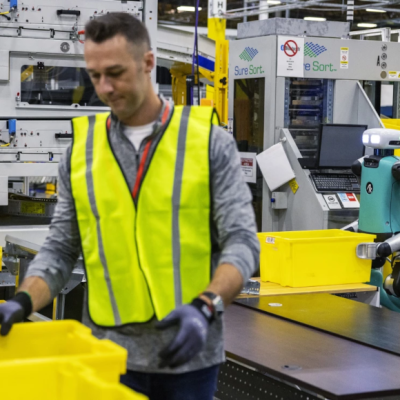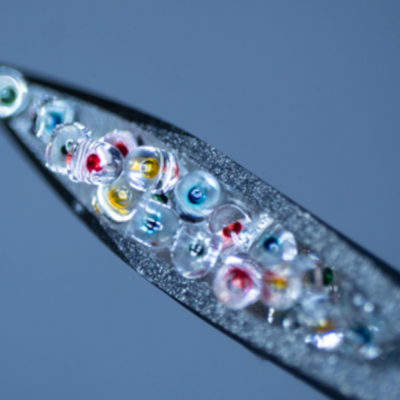Chitin, a substance found in the shells of crustaceans like crabs and lobsters, can be used to produce an electrolyte substance for sustainable batteries. With the increasing demand for batteries due to electric cars and other technologies, scientists are searching for new materials and production methods to make batteries more environmentally friendly. Researchers at the Center for Materials Innovation at the University of Maryland, led by Liangbing Hu, are working on a fully biodegradable battery using chitin. Chitin can be processed into chitosan and combined with zinc to create a new electrolyte substance that powers batteries. In experiments, this biological electrolyte substance remained energy-efficient after 400 hours of use. The biggest advantage of this innovative material is its excellent recyclability. After just five months in the ground, the electrolyte substance is completely decomposed, leaving only zinc that can be used to produce new batteries.
Chitin can be obtained not only from the shells of crustaceans but also from parts of squids and the walls of mushrooms. However, there are currently no methods for scaling up the production of chitin on an industrial level. According to Graham Newton, a professor of material chemistry at the University of Nottingham, this research is currently a laboratory investigation that shows it is possible to produce sustainable batteries from chitin. He explains that when developing new materials for battery technology, there is usually a significant gap between promising laboratory results and a demonstrable and scalable technology.
In conclusion, the use of chitin in battery production is a promising development in the search for more sustainable and environmentally friendly battery materials. While the research is still in its early stages, the potential for fully biodegradable batteries is exciting. As the demand for batteries continues to grow, it is essential to find ways to produce them in a way that is both efficient and sustainable.










